1. Introduction: Why Digital Marketing Matters
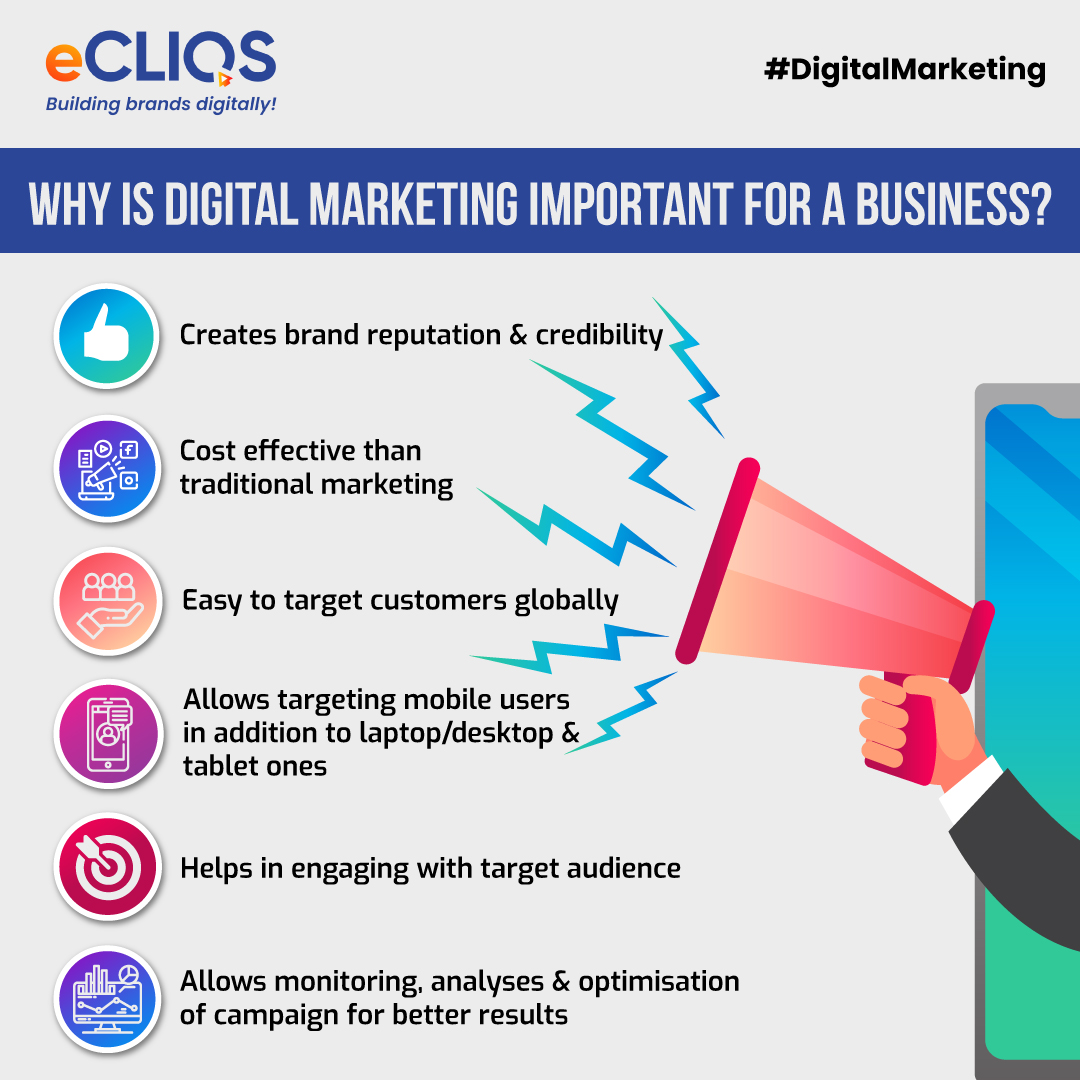
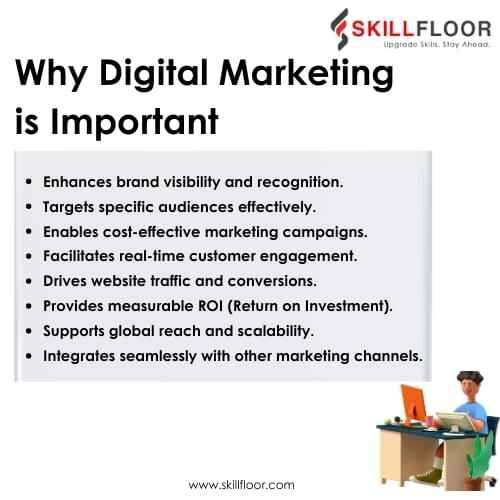
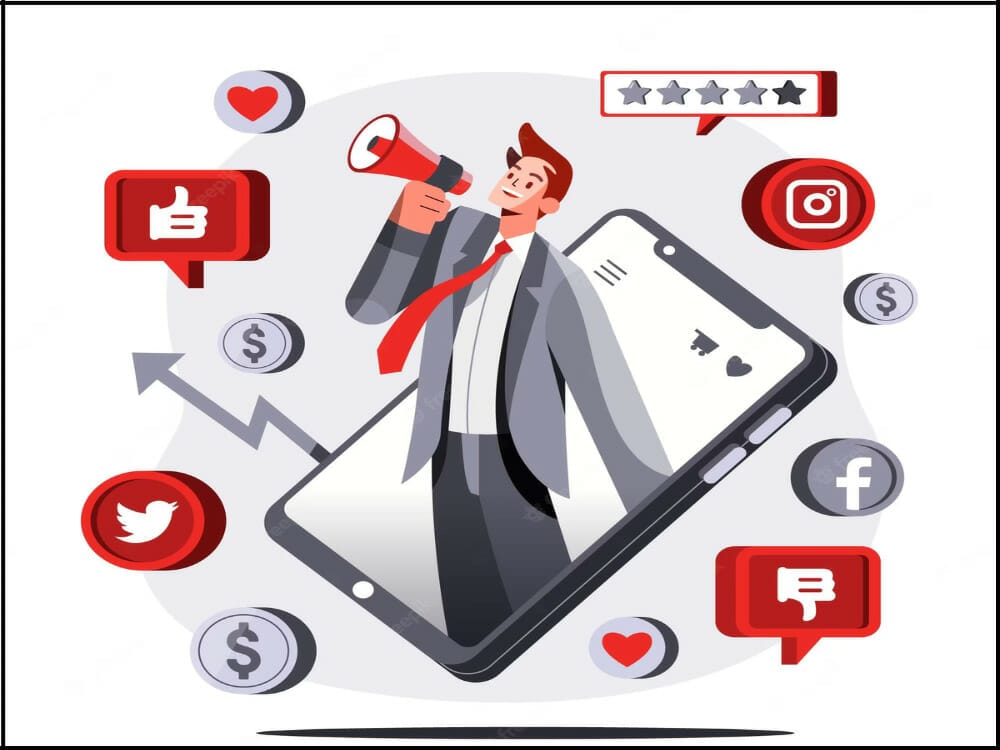
6
In an age where almost every consumer journey begins online, digital marketing has moved from “nice to have” to absolutely essential. The traditional forms of advertising — print, TV, outdoor — still exist, but the shift toward digital channels has accelerated dramatically. As more people access the internet via smartphones, tablets and smart devices, businesses must ensure their presence is visible, engaging and measurable.
Recent data suggests that digital ad spends, mobile‑use, e‑commerce and online engagements are growing consistently, making digital marketing a key area for investment and career growth. IIDE – The Digital School+1
In this post, we will explore the scope of digital marketing: what it covers, where it’s going, the opportunities it presents (for businesses and professionals), and how to tap into it effectively.
2. Defining the Scope: What Digital Marketing Encompasses
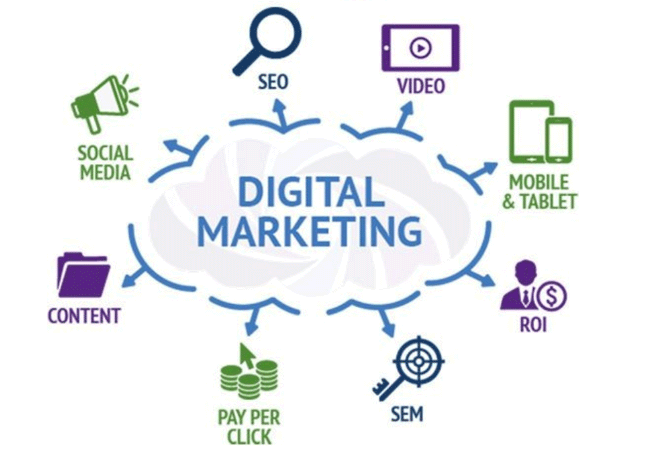

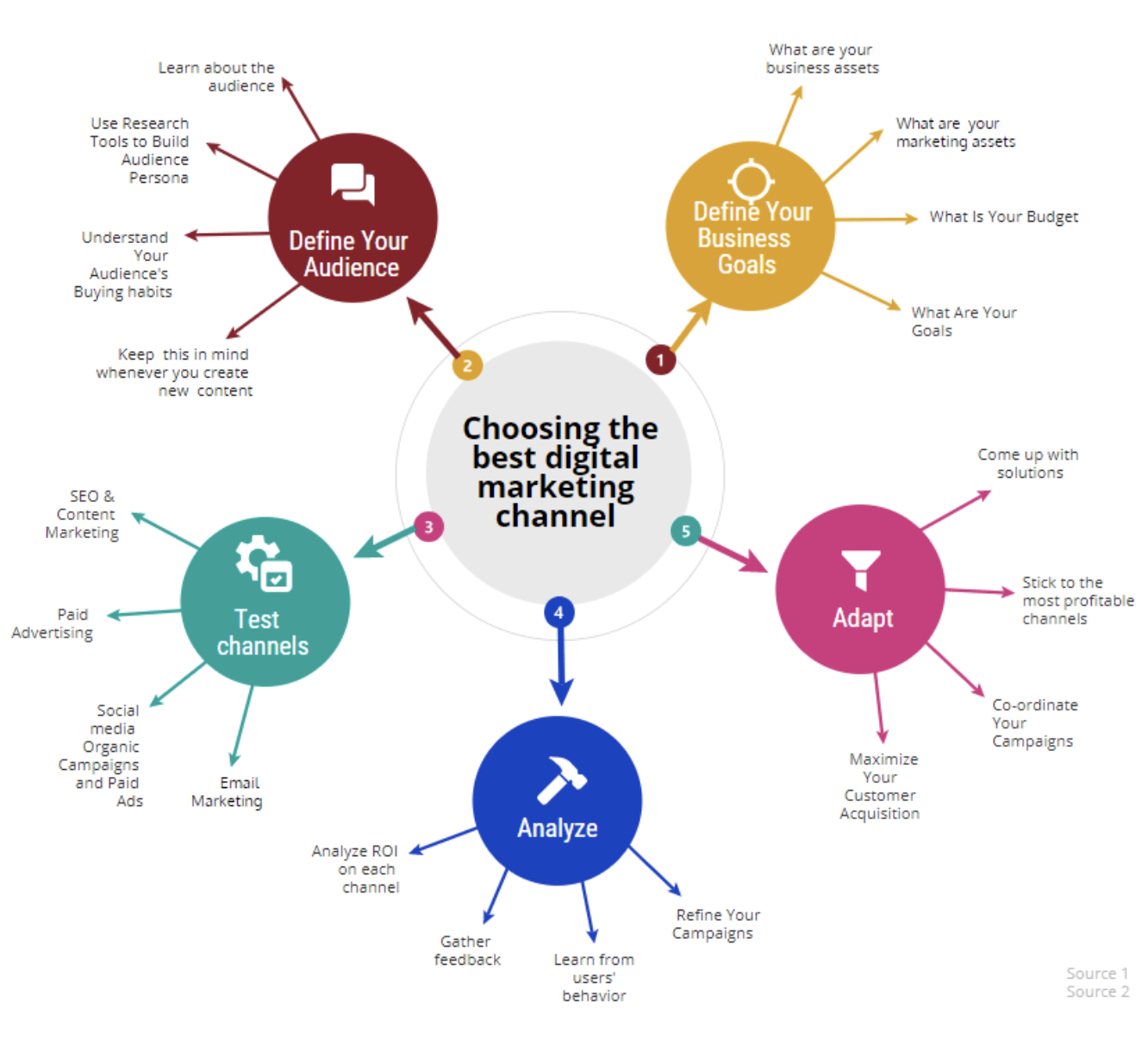
6
When we talk about the scope of digital marketing, we mean the range of channels, strategies, technologies and roles that it involves. At a high‐level, digital marketing includes:
- Search Engine Optimization (SEO) and Search Engine Marketing (SEM)
- Content Marketing (blogging, video, infographics)
- Social Media Marketing (organic & paid)
- Email Marketing, SMS, mobile‑marketing
- Display advertising, PPC (pay‑per‑click)
- Affiliate marketing, influencer marketing
- Mobile and app‑based marketing
- Analytics, data‑driven marketing, automation
- Emerging technologies like voice search, AR/VR, AI‑powered personalization allyvue.com+1
The breadth of this scope means one can specialise in many sub‑domains (e.g., SEO specialist, social media manager, analytics lead), making digital marketing a versatile career field.
3. Market Growth & Opportunity
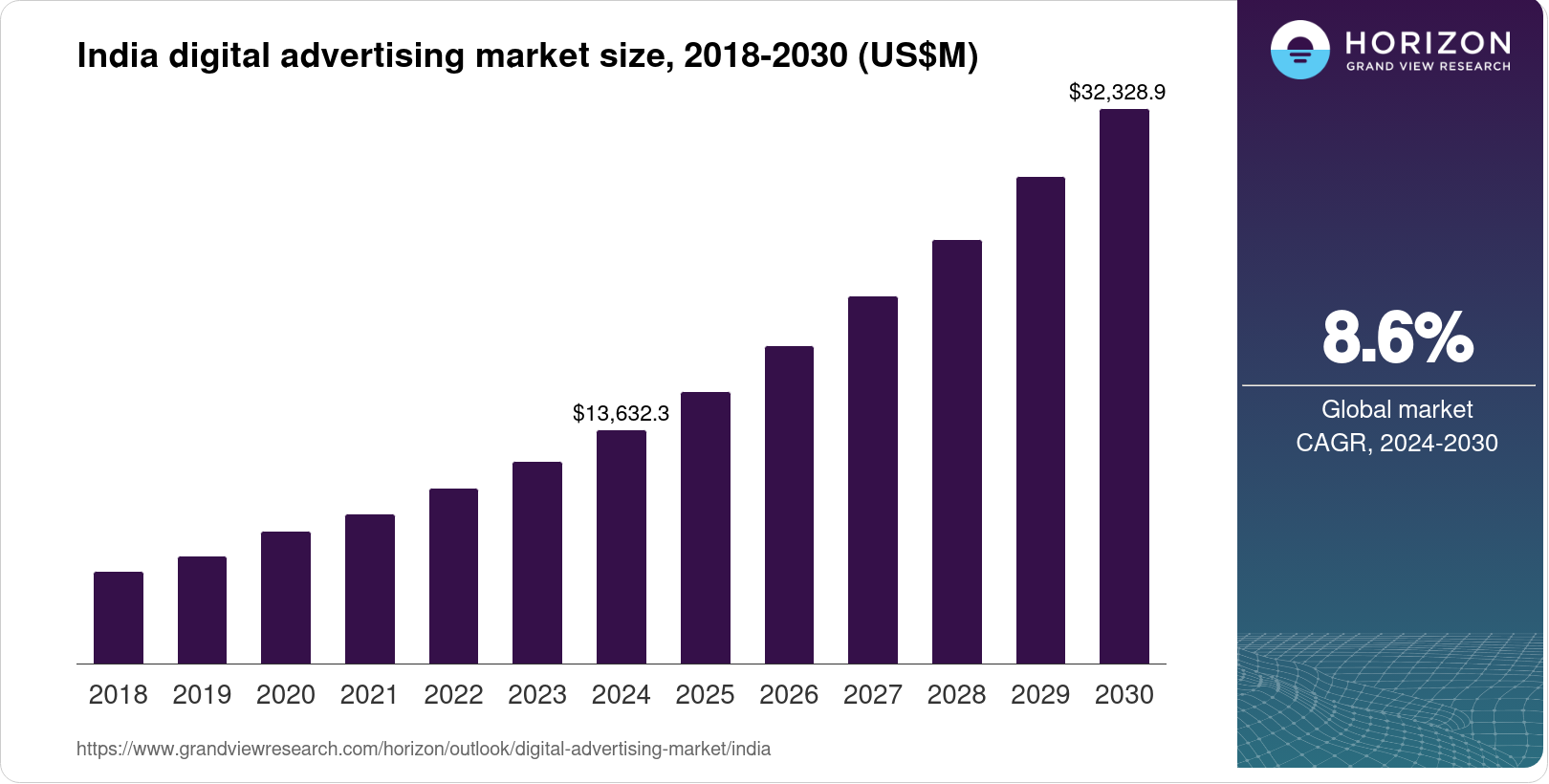

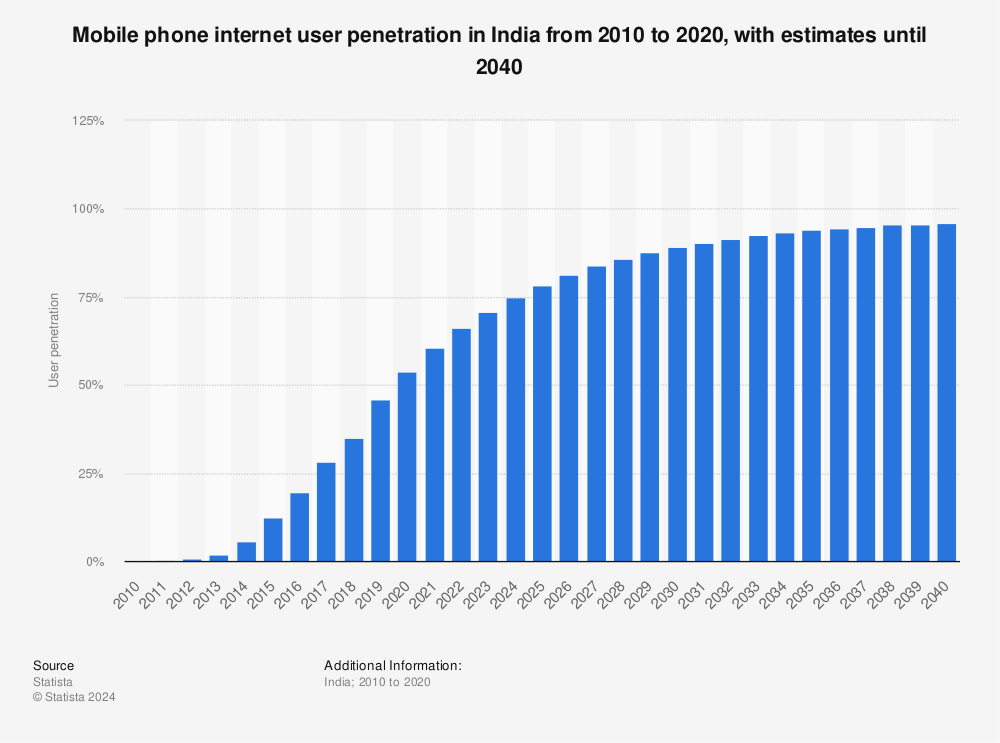
6
The numbers speak volumes. For example:
- In India, digital media is projected to grow at a ~15% CAGR from 2024 to 2029. IIDE – The Digital School+1
- Mobile and internet penetration are rising, meaning more audiences are reachable via digital. pretute.in+1
- Sectors like D2C (direct‑to‑consumer), e‑commerce, technology, education and even traditional industries (manufacturing, healthcare) are hiring digital marketing professionals to reach audiences online. staragile.com+1
For businesses – this means digital marketing is not optional; it’s central to growth, brand visibility, customer engagement and sales. For professionals – there is a large and growing job market, with roles across strategy, execution, analytics and creative.
4. Key Channels & Strategies


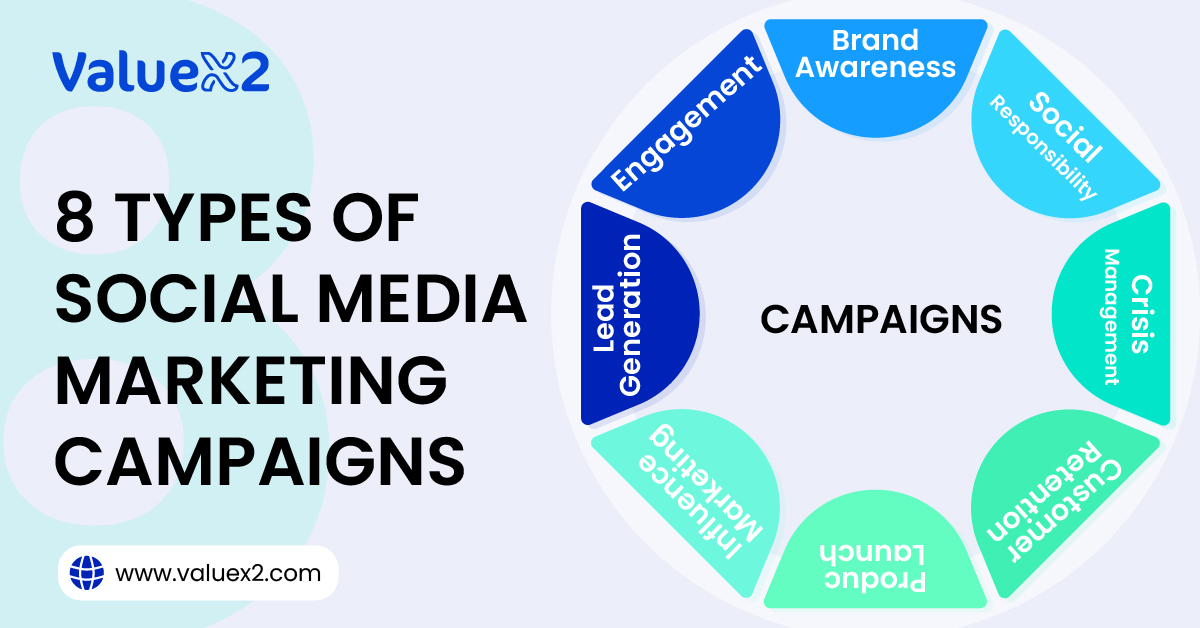
6
Let’s take a deeper look at some of the major channels:
- SEO/SEM: Ensuring your website is optimized for search engines and leveraging paid search to capture intent.
- Content Marketing: Creating valuable, relevant content that attracts, engages and retains audiences.
- Social Media Marketing: Using platforms such as Facebook, Instagram, LinkedIn, YouTube (and emerging ones) to build community, run ads, engage users.
- Email/Mobile Marketing: Reaching the audience directly with personalization, automation, triggered campaigns.
- Paid Advertising & Display: Running PPC campaigns, retargeting, programmatic ads, social ads.
- Affiliate & Influencer Marketing: Partnering with affiliates or influencers to expand reach and credibility.
By mastering and integrating these channels, brands can build robust digital marketing strategies that cover awareness → consideration → conversion → loyalty.
5. Emerging Trends & Future Scope
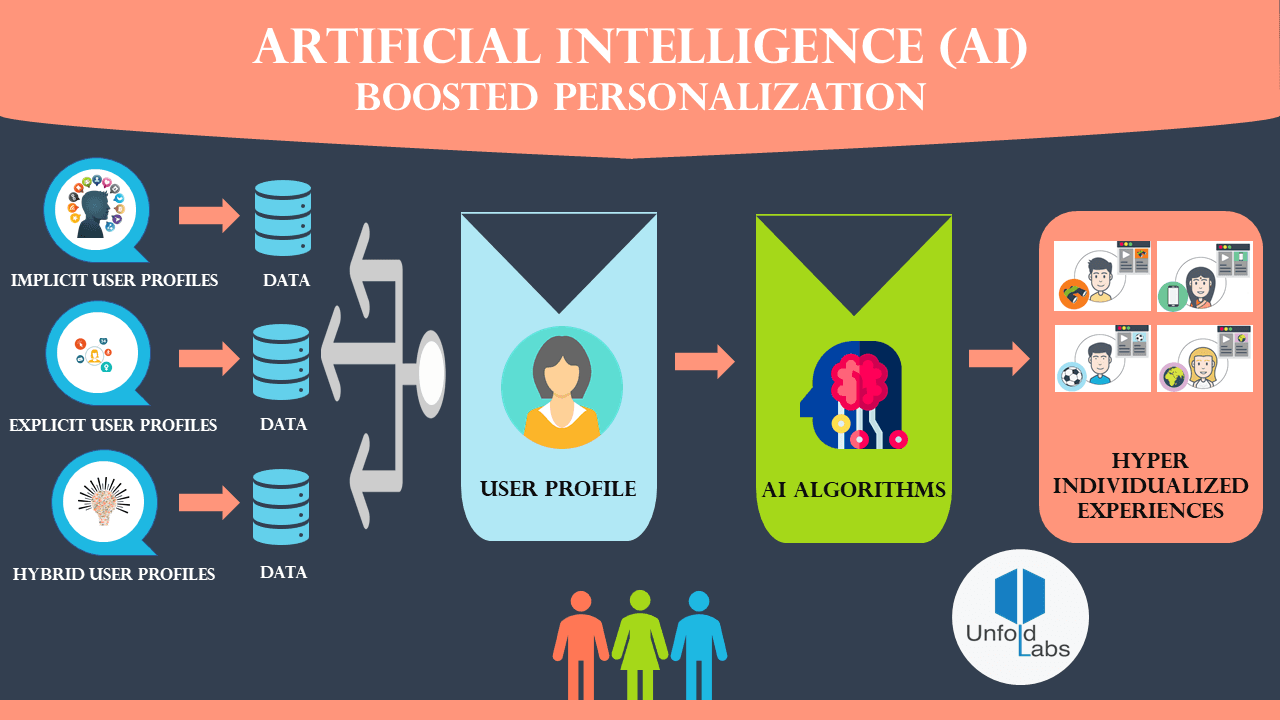
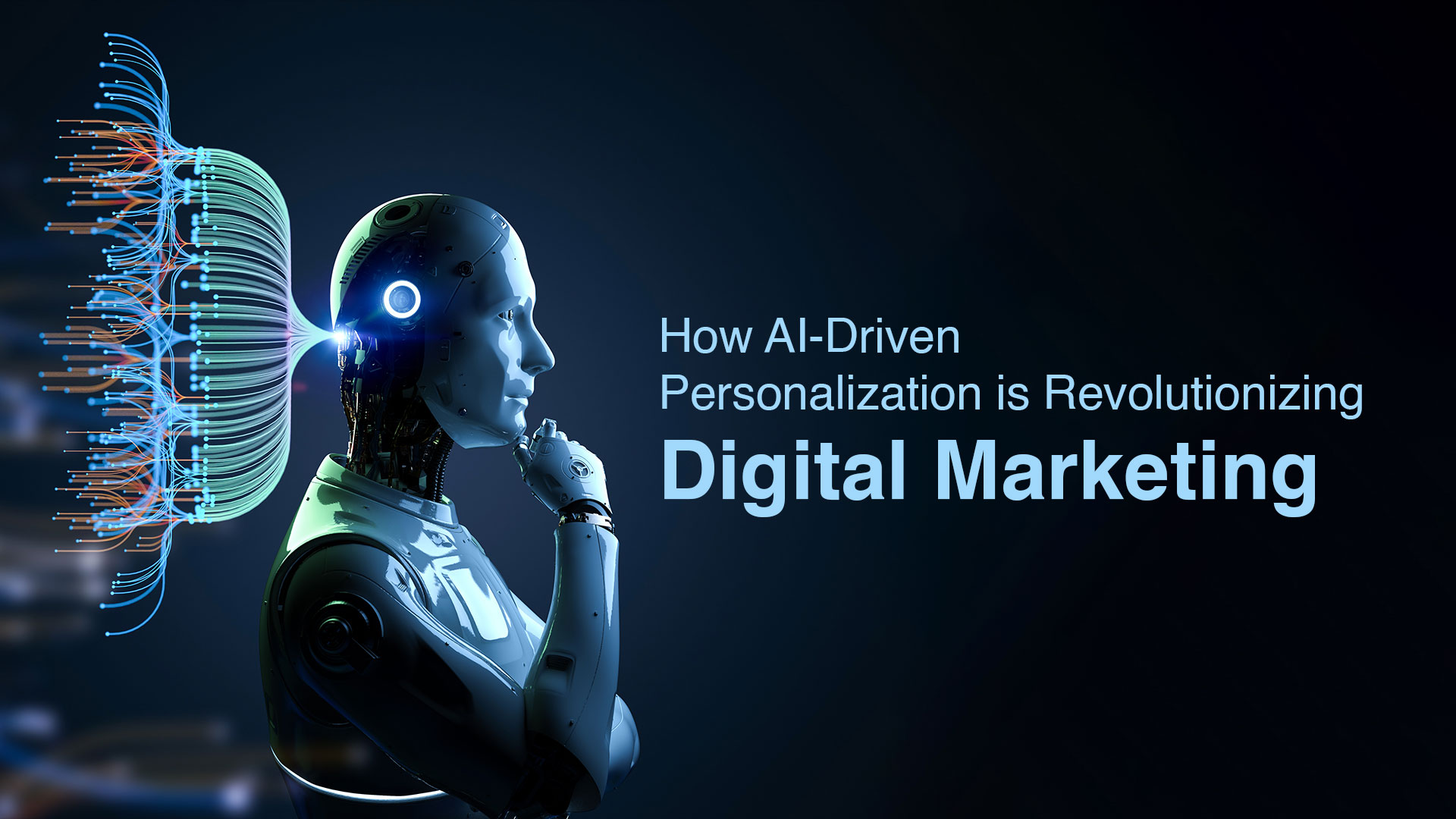

6
Digital marketing is evolving rapidly. Some emerging trends that are expanding the scope:
- AI & Automation: From chatbots to hyper‑personalization of content and offers. allyvue.com+1
- Voice Search & Conversational UX: As people use smart speakers and voice assistants, optimization for voice queries becomes crucial. WsCube Tech
- Video & Short‑Form Content: Platforms like TikTok, Instagram Reels, YouTube shorts are dominating attention spans. Google Sites
- AR/VR & Immersive Experiences: Brands are using augmented reality (try‑before‑you‑buy) and virtual reality for deeper engagement. allyvue.com+1
- Hyper‑Personalization & First‑party Data: With privacy laws tightening, brands are focusing on collecting and using first‑party data for tailored experiences. IIDE – The Digital School+1
- Sustainability, Purpose‑Driven Marketing: Consumers increasingly favour brands with values, purpose, and ethical practices. WsCube Tech+1
These trends mean that digital marketing isn’t just “posting on social media” anymore — it’s about technology‑enabled, insight‑driven, customer‑centric strategies.
6. Career & Roles in Digital Marketing
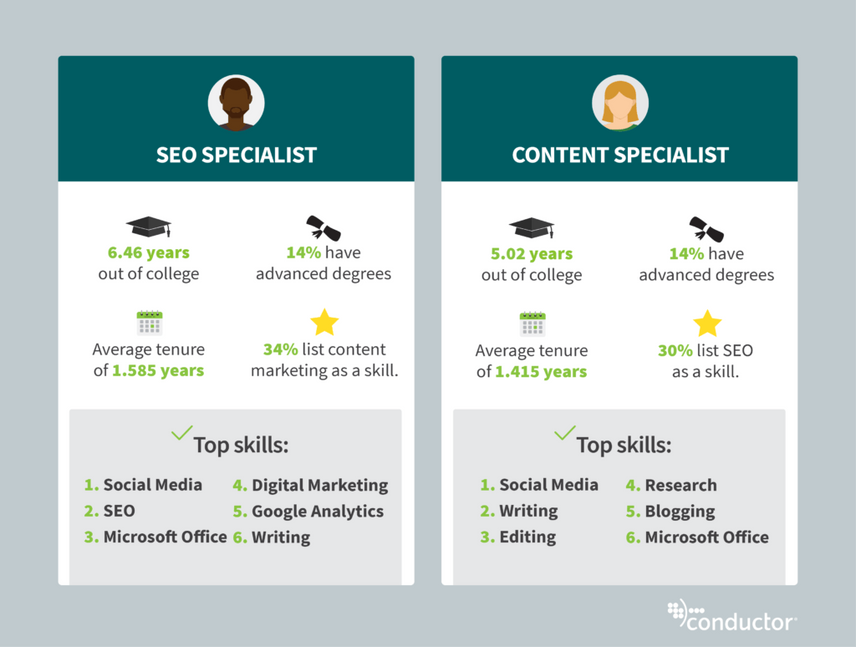
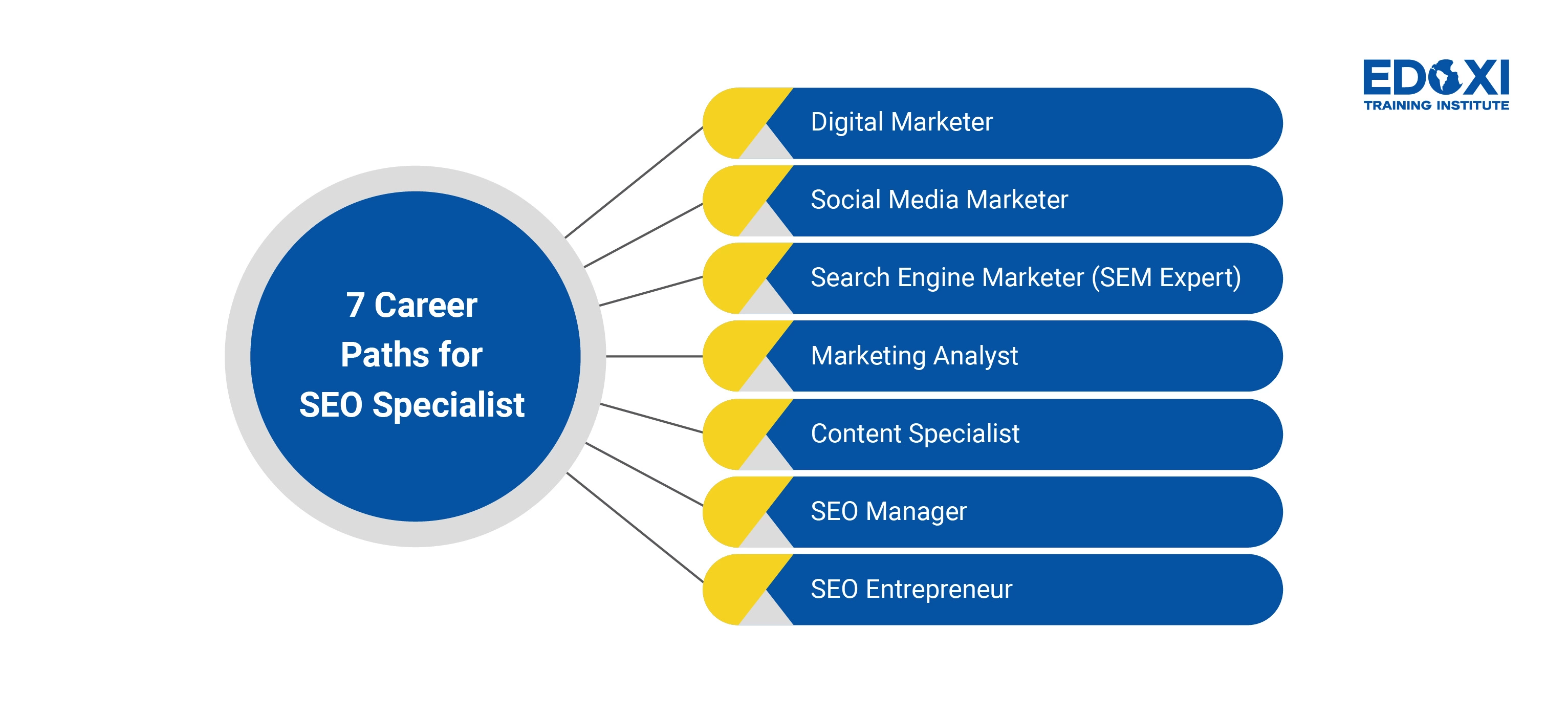

6
Given its broad scope, digital marketing offers a variety of career paths. Some roles include:
- SEO / SEM Specialist
- Social Media Manager / Community Manager
- Content Strategist / Copywriter / Videographer
- Email Marketing / Automation Expert
- Paid Media / PPC Campaign Manager
- Data Analyst / Web Analyst / Marketing Analytics Manager
- Influencer Marketing Manager
- Digital Marketing Strategist / Growth Hacker
Because the field is evolving, professionals who are comfortable with both creative thinking and data/technology tend to have an edge. Learning continuously (new platforms, analytics tools, AI applications) is key. Industry trends in India show increasing opportunities and roles. Google Sites+1
7. Business Benefits & Why Brands Should Invest
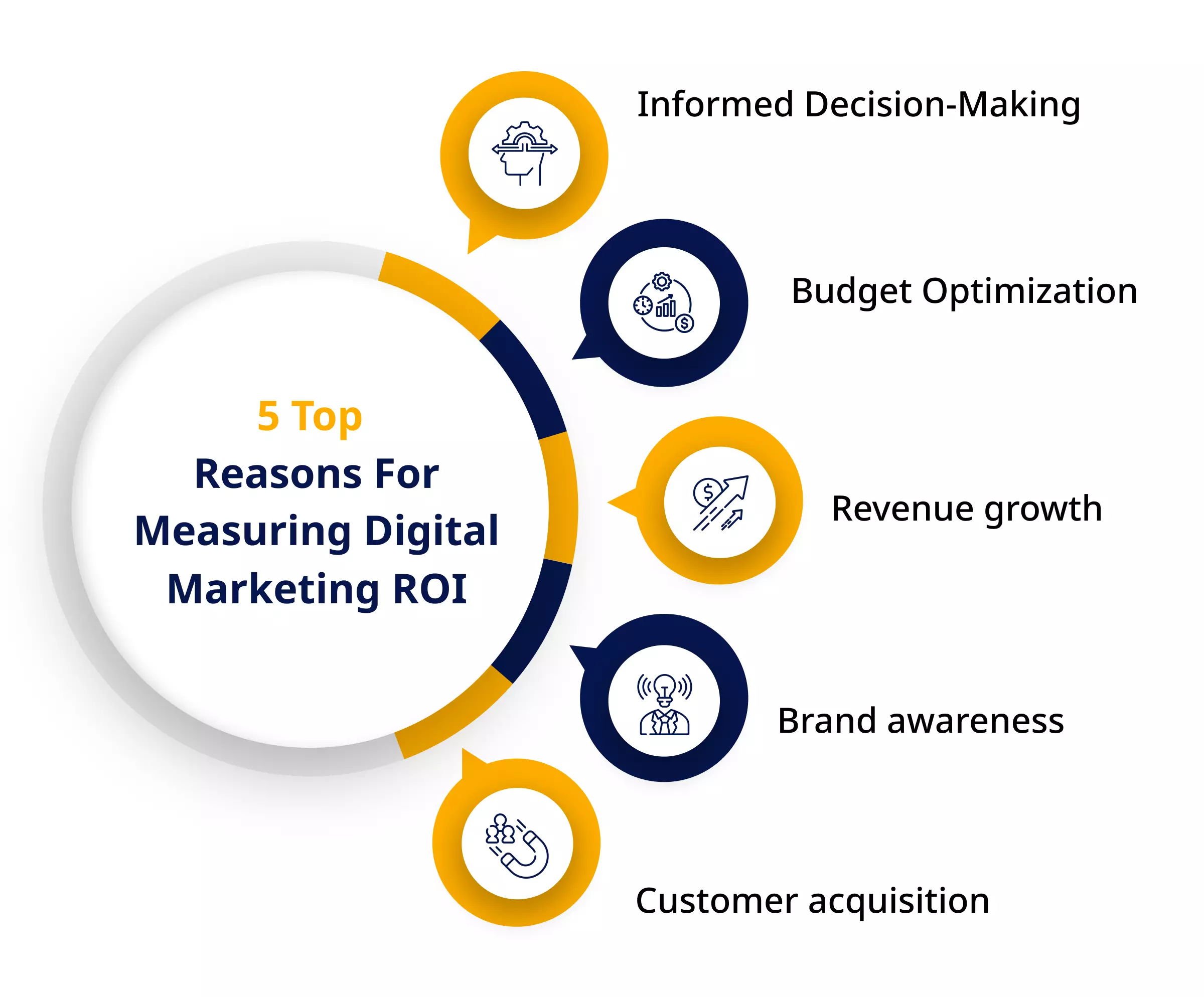


6
For brands and businesses, investing in digital marketing offers many advantages:
- Global Reach & Scalability: You aren’t limited by geography; even small businesses can reach national or international audiences.
- Cost‑effectiveness & ROI: Compared to many traditional channels, digital marketing can offer better targeting, tracking and optimization — meaning you spend less and measure more.
- Measurability & Insights: You can track metrics (traffic sources, bounce rate, conversions) in real time, enabling quick optimization. KTBS Marketing
- Customer Engagement & Experience: Through social media, interactive content, personalization, brands can build stronger relationships with customers.
- Flexibility & Speed: Digital campaigns can be launched quickly, tweaked in real time, and scaled up or down.
- Competitive Advantage: In many sectors, the brands that adopt digital marketing early gain market share and brand recognition ahead of slower competitors.
Given these benefits, the scope of digital marketing for businesses is not just in “doing marketing online” but in embedding digital into core growth strategies.
8. Challenges & Considerations



6
However, a wide scope also means more complexity. Some of the challenges include:
- Data Privacy & Regulations: With laws such as GDPR (in Europe), India’s upcoming data protection regulations, brands must handle user data carefully and transparently. IIDE – The Digital School+1
- Rising Competition & Noise: As more brands go digital, the space becomes crowded. Standing out requires creativity, strategy and investment.
- Rapid Technology Changes: Platforms and trends evolve fast (e.g., algorithm changes, new ad formats, new social platforms). Marketers must stay agile.
- Skill Gaps: Many roles demand a hybrid of creative and technical skills (analytics, automation, AI). Recruiting and training are key.
- Measuring True ROI: While digital marketing is measurable, attribution (which channel caused the conversion) can still be murky.
- Maintaining Brand Trust: With digital channels, brands are under scrutiny. A minor mis‑step can cause amplified negative sentiment.
Businesses need to build strategies that not only exploit the opportunities but also address these challenges proactively.
9. How to Tap Into the Scope: Strategy & Implementation
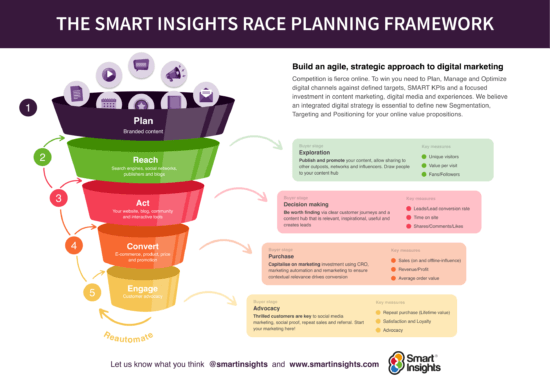
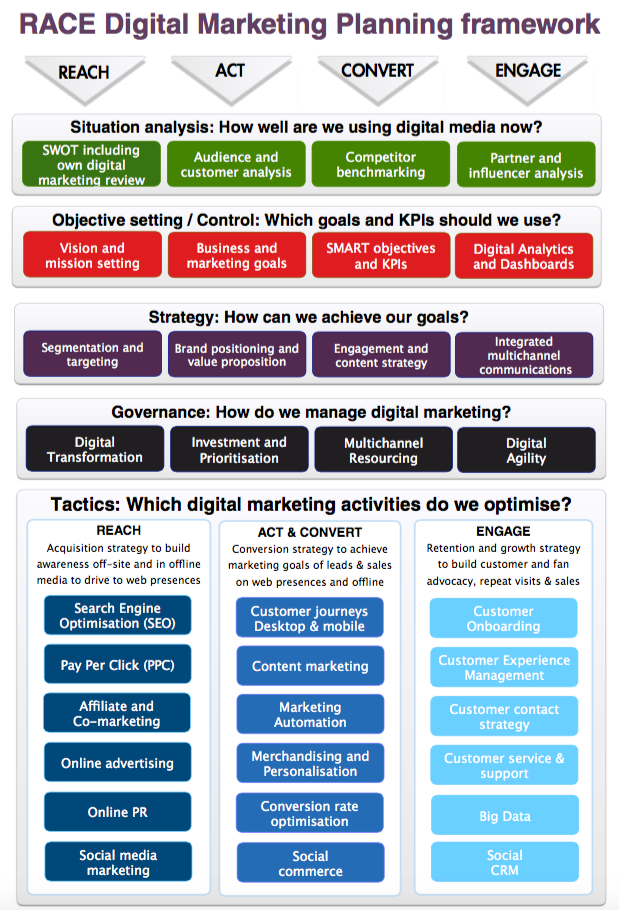
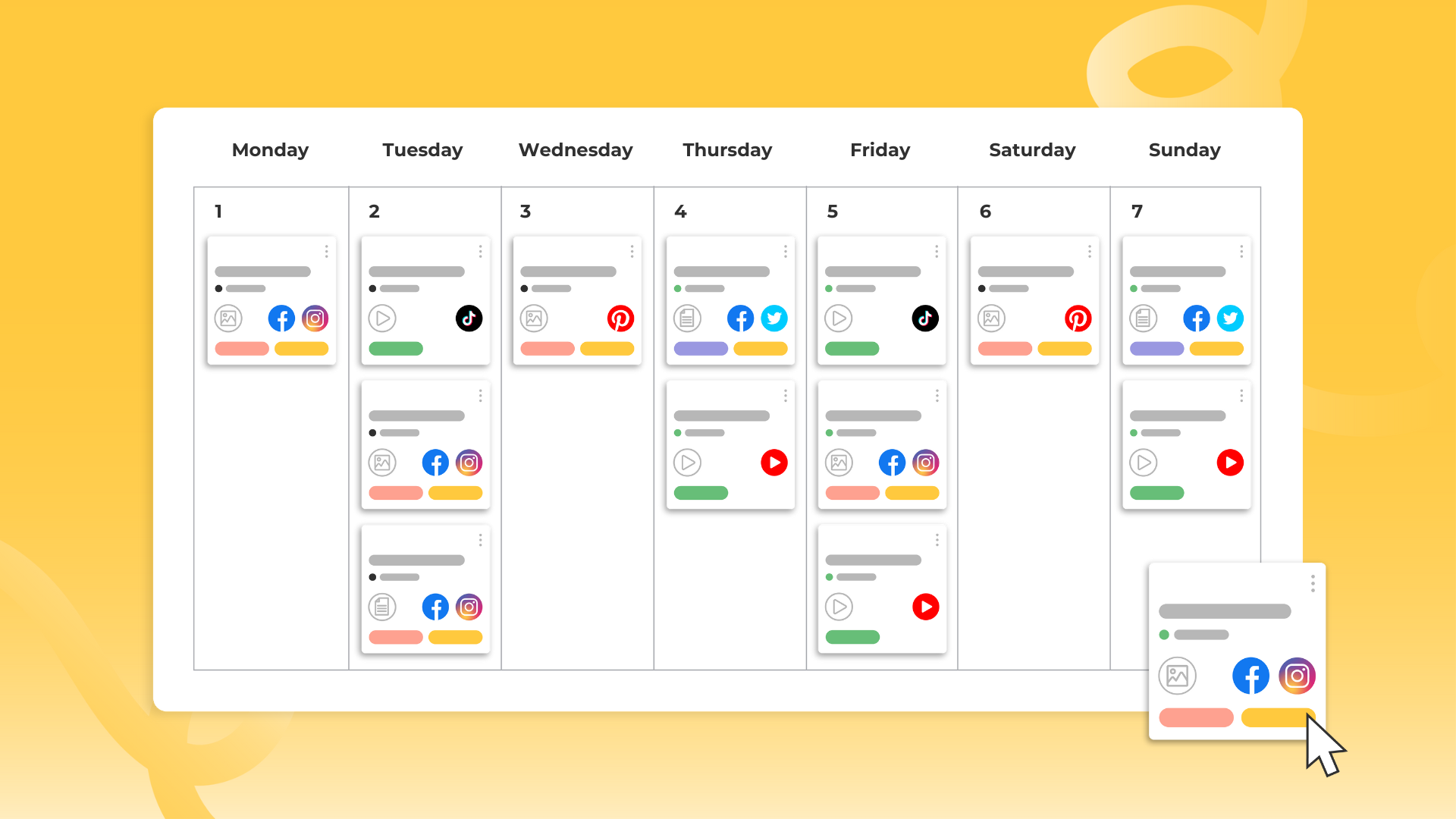
6
If you’re a brand, marketer or business owner looking to tap into the broad scope of digital marketing, here are some practical steps:
- Define clear objectives: Whether it’s brand awareness, lead generation, sales growth or customer loyalty — clarity matters.
- Understand your audience: Personas, journey‑mapping, behaviour insights help tailor the strategy and channels.
- Choose the right channels: You don’t have to be everywhere — pick channels your audience uses and align with your objectives.
- Create valuable content: Whether blogs, videos, social posts — value drives engagement, shareability and SEO.
- Leverage data & analytics: Set KPIs (traffic, conversions, cost per lead), track performance and optimise continuously.
- Embrace emerging tech: Use automation, AI, personalization, voice/visual search where relevant.
- Integrate channels: A cohesive omni‑channel strategy (website + social + email + ads) delivers stronger results.
- Build a culture of learning: New platforms, algorithms and consumer behaviours emerge — ongoing training is essential.
- Stay customer‑centric & ethical: Respect privacy, build trust, prioritise relevance and authenticity.
- Measure & iterate: Use test‑learnings, scale winners, drop under‑performers.
Following this roadmap helps businesses make the most of the wide scope of digital marketing.
10. The Future Outlook & Final Thoughts
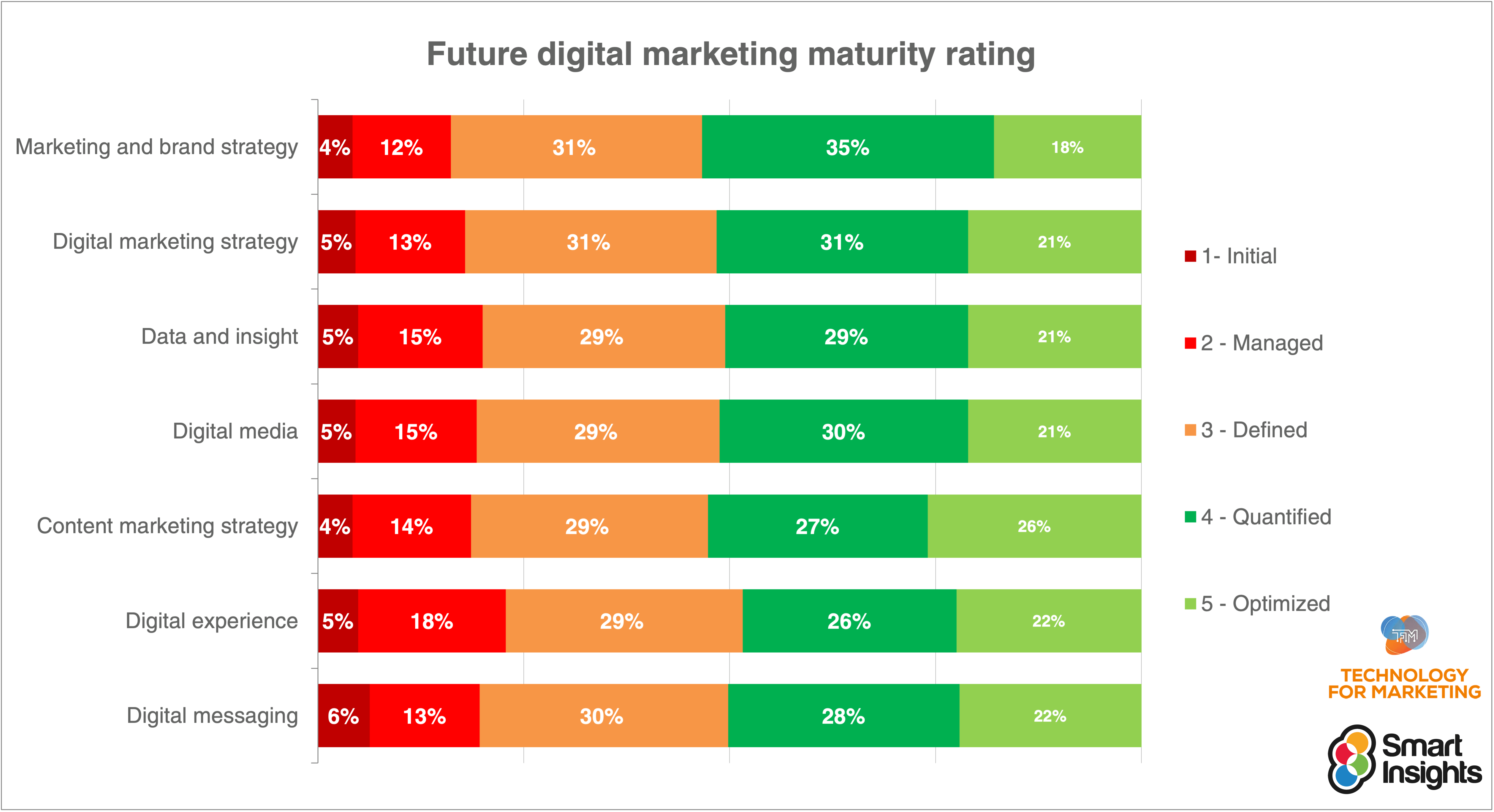

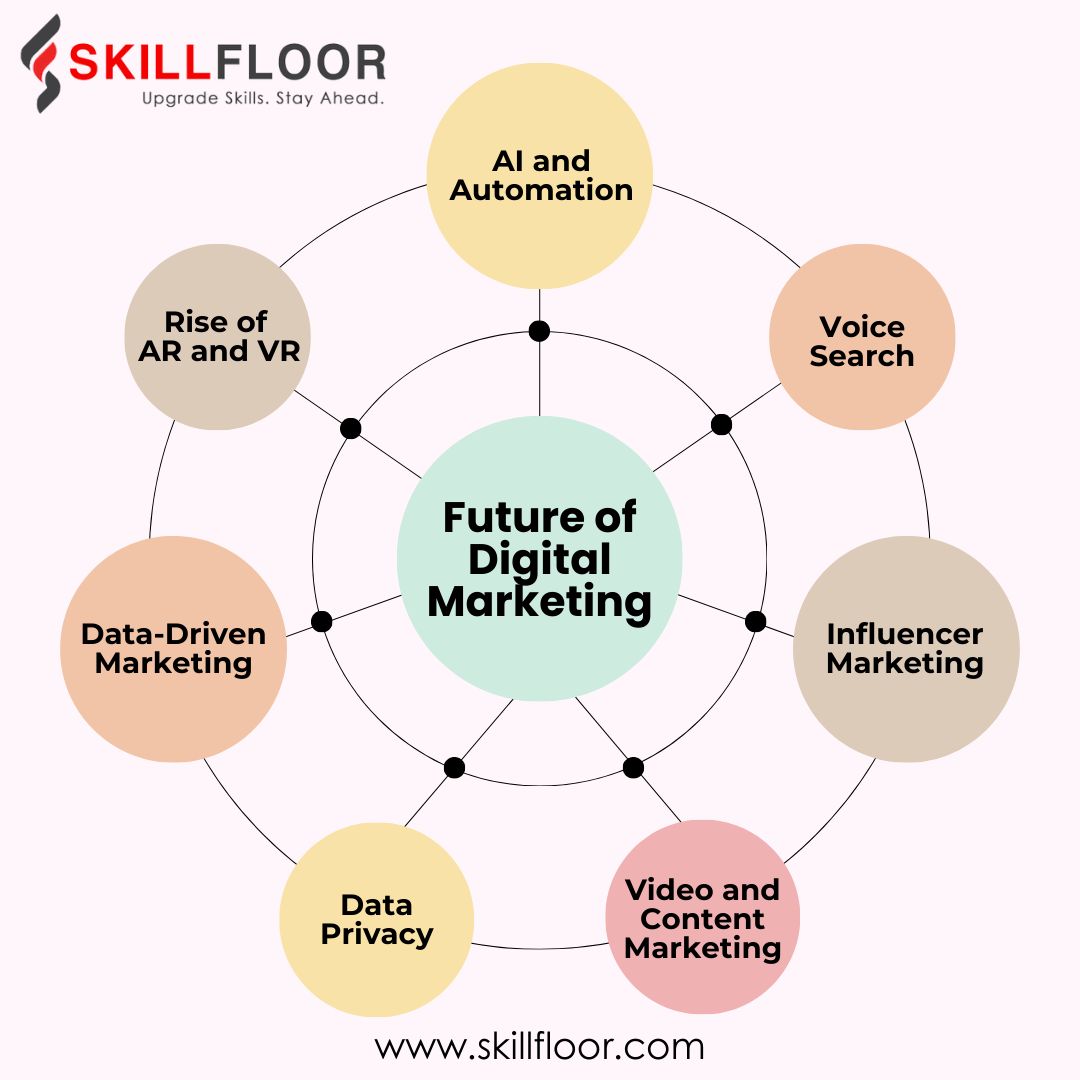
6
Looking ahead, the scope of digital marketing is only going to widen:
- More immersive experiences (AR/VR), more voice & visual search optimisation, increased use of AI for personalization and predictive marketing. allyvue.com+1
- Regional language content, mobile‑first behaviour, “shoppable social” (commerce embedded in social platforms) will drive new strategy layers. IIDE – The Digital School+1
- As businesses in India and globally invest more in digital, roles will evolve — we may see digital ethics manager, voice UX strategist, data ethics analyst as mainstream roles.
- For professionals: The need will grow for hybrid skills — creativity + analytics + tech, plus agility and continuous learning.
- For businesses: Digital will increasingly integrate with offline (“phygital” experiences) and will be central to customer lifecycle, not just campaigns.
In sum: The “scope” of digital marketing is vast and growing. It’s more than a function; it’s a strategic capability. For brands, it’s a pathway to growth, differentiation and relevance. For professionals, it’s a field rich with opportunities, roles and career trajectories.
Whether you are just starting or looking to deepen your digital marketing footprint — the key is to treat digital not as an add‑on, but as an integral part of your marketing and business strategy.
If you like, I can design this post into a ready‑to‑publish blog format (with headings, sub‐headings, visuals placed, styling suggestions) or I can customise it for Indian market context or for a specific industry (e.g., e‑commerce, B2B). Would you like me to do that?
